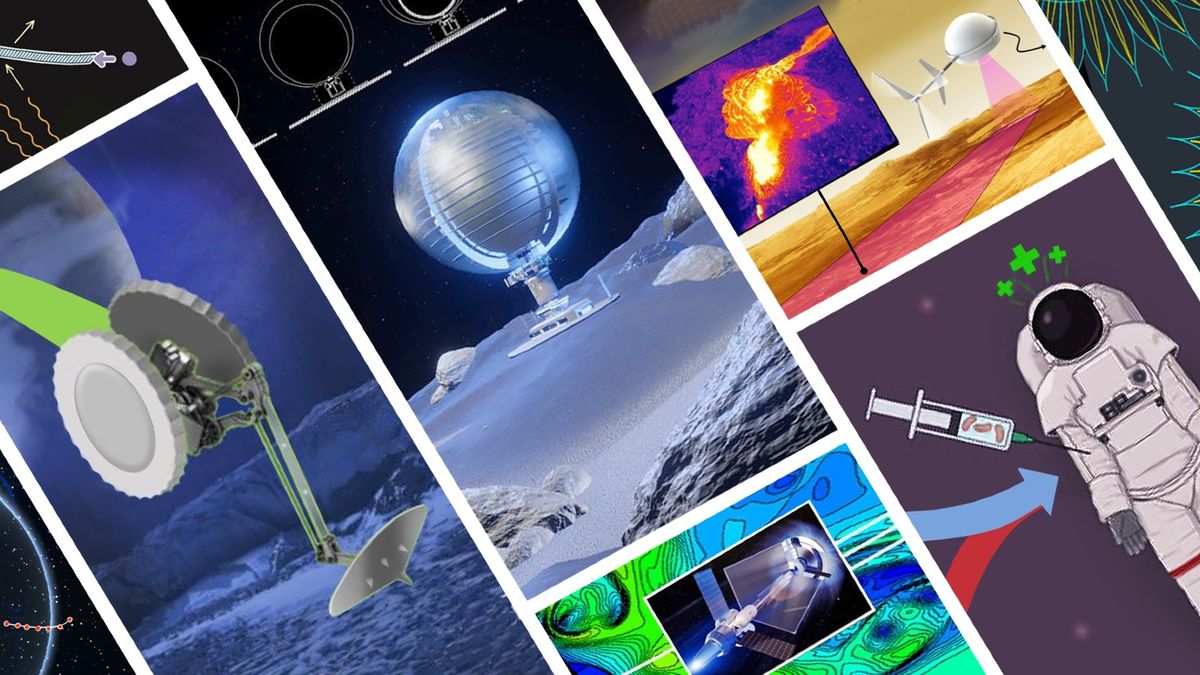In Lowville, New York, the sheriff's department is bracing for a harsher winter season as climate change makes lake-effect snow more intense and unpredictable. Experts predict that these weather conditions are likely to worsen, creating even more challenges for police and first responders across the country.
Sheriff Mike Carpinelli of Lewis County said that the region's snowstorms can quickly intensify, sometimes accumulating a foot of snow in just a couple of hours.
"You can't always see it coming," he said, emphasizing the difficulty in preparing for such rapid changes in weather.
To tackle the problem, Carpinelli and local legislators worked together for years to secure funding for upgraded equipment, including an all-terrain vehicle designed to navigate deep snow. This vehicle has been crucial for responding to emergencies in an area that receives over 200 inches of snow each winter.
"We want to get there as fast as we can, but as safely as we can," says Carpinelli. "It's no good if our guys get stranded or hurt." On some days, it can take emergency responders as little as half an hour to reach a scene, but on others, it can take several hours.
The problem extends beyond Lowville.
According to Dan Horton, who runs Northwestern University's Climate Change Research Group, the warming climate is contributing to more intense lake-effect snow.
"It certainly seems like the new normal as the planet continues to warm," Horton says.
Horton said that due to fossil fuel and global warming, lakes are warming and not freezing as much in the winter.
"And so typically, the lake shuts off lake effect snow when it freezes, and that freezing point is occurring later and later each season," he said.
How law enforcement agencies are adapting to climate change
A federal government study in 2017 warned that this phenomenon was on the rise. Warming lakes are acting as a super fuel for lake-effect snow, which increases in intensity as temperatures fluctuate. Snowstorms are becoming more frequent and severe, particularly in areas near the Great Lakes and other large bodies of water.
In response, police forces in Michigan and Maine have implemented "precision driving training" to help officers safely navigate treacherous roads during heavy snowfall. Meanwhile, the U.S. Marshals Service told CBS News they have increased snowmobile and helicopter evacuation training in northern cities to ensure they can reach those in need even during extreme weather.
Despite these efforts, Carpinelli notes that their success with new equipment has inspired neighboring counties to follow suit, building a stronger network of preparedness for the future.
Trump, Musk take questions at White House
Flu deaths outpace COVID deaths in 22 states for first time since pandemic began
.png)
 German (DE)
German (DE)  English (US)
English (US)  Spanish (ES)
Spanish (ES)  French (FR)
French (FR)  Hindi (IN)
Hindi (IN)  Italian (IT)
Italian (IT)  Russian (RU)
Russian (RU) 








Comments